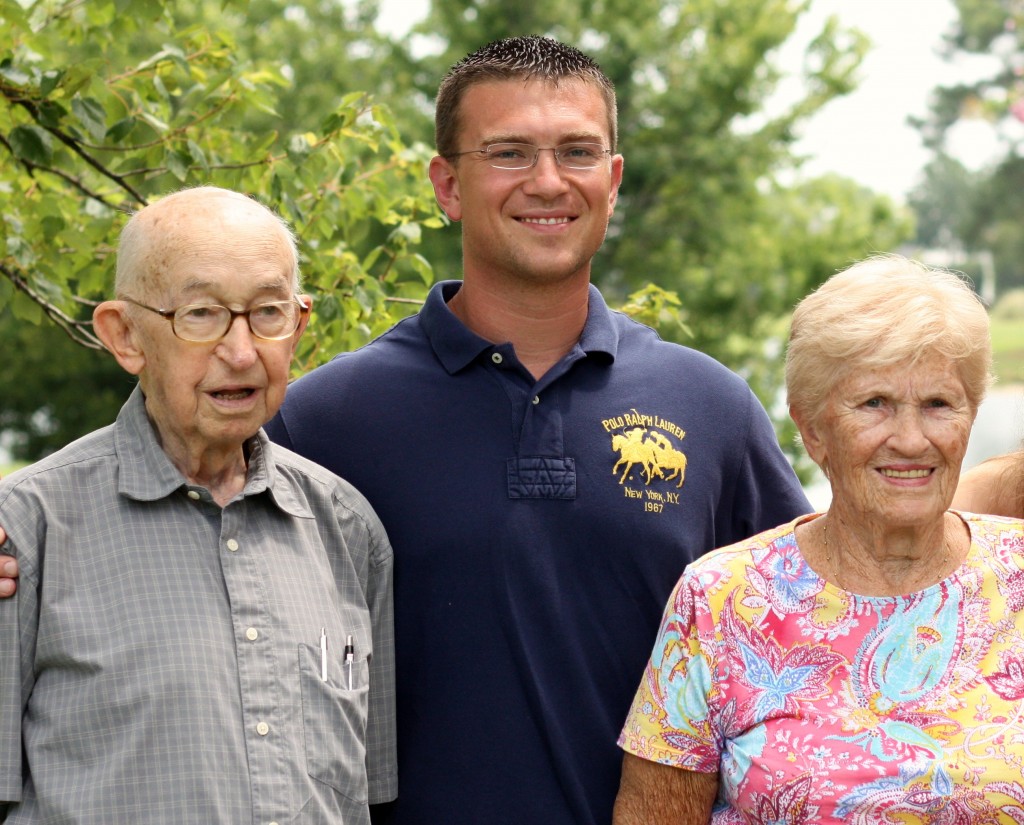 What do you think when you hear the phrase “church discipline?” For some of you it brings to mind a scene from The Scarlet Letter or you picture some kind of New England witch hunt where self-righteous religious types are shaming anyone who does something wrong. Some of you have been confused by a church who tried to practice it and things didn’t go so well. Others of you are walking with Jesus more freely today because God used the love of church discipline to awaken you from your sin and lead you to refreshing repentance.
What do you think when you hear the phrase “church discipline?” For some of you it brings to mind a scene from The Scarlet Letter or you picture some kind of New England witch hunt where self-righteous religious types are shaming anyone who does something wrong. Some of you have been confused by a church who tried to practice it and things didn’t go so well. Others of you are walking with Jesus more freely today because God used the love of church discipline to awaken you from your sin and lead you to refreshing repentance.
Church discipline is a theme that runs through out the New Testament. Jesus (Matthew 18:15-35; Luke 17:3-4), Paul (1 Corinthians 5:1-13; Galatians 6:1-2; 2 Thessalonians 3:6, 14-15; Titus 3:10-11), James (James 5:19-20), and the author of Hebrews (Hebrews 12:5-11) all speak about it plainly.
Despite its prevalence in the Bible, church discipline was something I’d never really studied until just a few years ago. I say this to my shame because the more I learned about the church, the more I saw how important this subject really is. Jesus died and rose for sinners. That is the good news of the Gospel. Jesus gathers those sinners together in His church worship Him, but also to protect and proclaim the Gospel so more people might come to know Him.
The problem is that if a church that is supposed to be displaying and proclaiming the Gospel sends a different message through hypocrisy, eventually the Gospel will be confused or even lost. A church that seeks to honor God in how it lives is important because the Gospel is important and the Gospel is important because it tells about Jesus. It’s all connected.
If you’ve never given much thought to the subject, I would like to commend to you two books written by Jonathan Leeman that serve as good introductions to the subject: Church Membership: How the World Knows Who Represents Jesus and Church Discipline: How the Church Protects the Name of Jesus. The second book is all about church discipline, but the first book sets the stage in a helpful way. Both these books are super short and easy to read. If you have a hesitancy toward this subject or are even tempted to dismiss it as unnecessarily divisive, I would encourage you to give the subject further study.
I leave you with these words from Robert Murray M’Cheyne, a godly pastor from Scotland in the 1800’s: “When I first entered upon the work of the ministry among you, I was exceeding ignorant of the vast importance of church discipline. I thought that my great and almost only work was to pray and preach. I saw your souls to be so precious, and the time so short, that I devoted all my time, and care, and strength, to labour in word and doctrine. When cases of discipline were brought before me and the elders, I regarded them with something like abhorrence. It was a duty I shrank from and I may truly say it nearly drove me from the work of the ministry among you altogether. But it pleased God, who teaches his servants in another way than man teaches, to bless some of the cases of discipline to the manifest and undeniable conversion of the souls under our care; and from that hour a new light broke in upon my mind, and I saw that if preaching be an ordinance of Christ, so is church discipline. I now feel very deeply persuaded that both are of God—that two keys are committed to us by Christ, the one the key of doctrine, by means of which we unlock the treasures of the Bible, the other the key of discipline, by which we open or shut the way to the sealing ordinances of the faith. Both are Christ’s gift, and neither is to be resigned without sin.”
Robert Murray M’Cheyne Andrew Bonar, Robert Murray M’Cheyne (1844) pp. 87-88.


